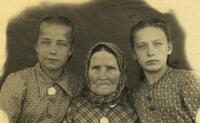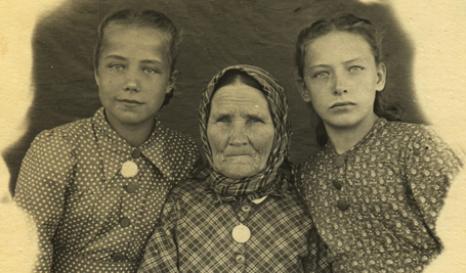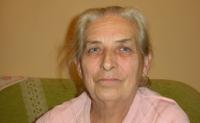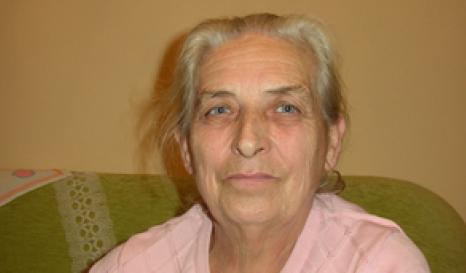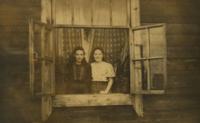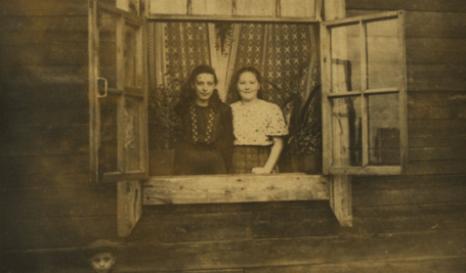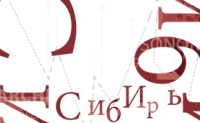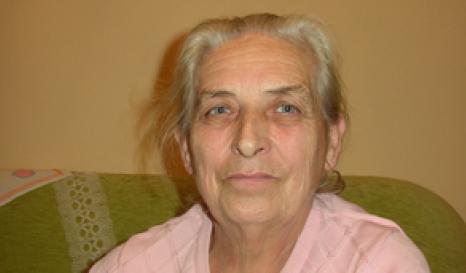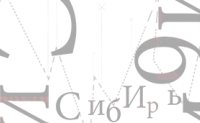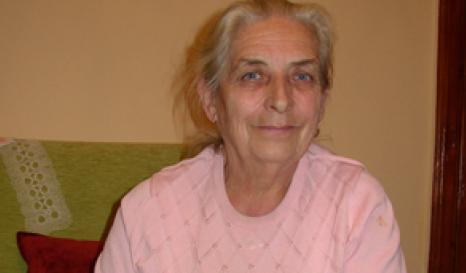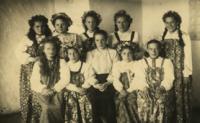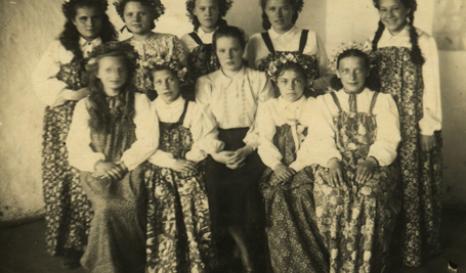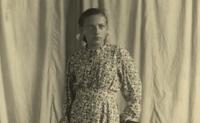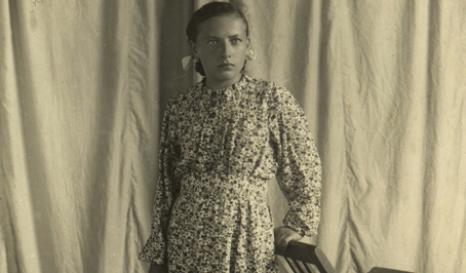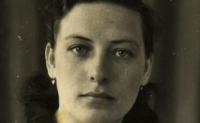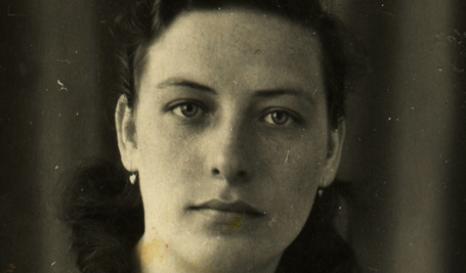BioGraphy
Irina TARNAVSKA
Irina Tarnavska was born to a peasant family in Lvov (Lviv) in Galicia in March 1940, recently annexed to Soviet Ukraine. When the land was collectivised, in order to cut off supplies to the armed resistance in the Carpathians, thousands of peasant families were deported. Irina and her family were forcibly settled on 31 December 1948 in a hamlet in the Tomsk region in Siberia. Food shortages, her schoolmates’ malnutrition —“thin as skeletons”— and waiting hungrily for her mother to return from work are major elements in Irina’s account, together with the meticulous description of anything edible in the forests and the wealth and beauty of Siberian nature, which saved them from death.
In 1958, she was allowed to return to Ukraine, first to Kiev, where she studied while working in a hospital and then at the post office. Her dream was to return to her native land, Galicia, but when she got to Lvov she had trouble gaining a residence permit and lived at the station, harassed by the police. Finally, with some help from a friend of her father’s, she found accommodation and began a normal life working in a photographic equipment factory and starting a family.
Her parents managed to return in the early 1960s, and settled near the town of Chernobyl. Shortly after the explosion at the nuclear plant, her father died of cancer.
The interview with Irina Tarnavska was conducted in 2009 by Marc Elie and Marta Craveri.



